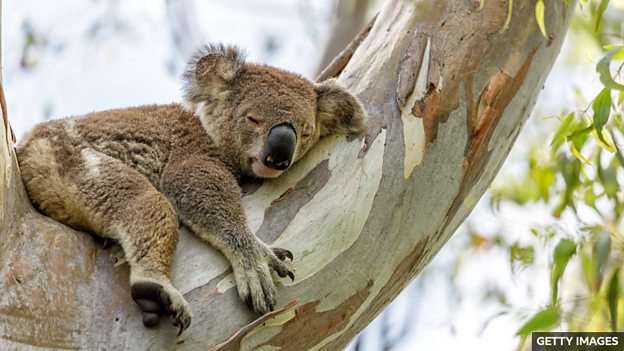有研究显示,每年地球上可能有超过 2.7 万个物种灭绝。动物园和各类动物保护项目要如何分配用于挽救濒危动物的资源呢?调查发现,人类更倾向于保护特定动物群体,尤其是被人类视为伴侣的动物。人类的这种倾向会影响动物保护工作吗?本文就此展开讨论。
词汇:animals 动物
Save the gorilla! Protect tigers! Help the giant kangaroo rats! You've probably heard the first two slogans but maybe not the last one. We're often keen to support the conservation of animals like gorillas and tigers but less sympathetic to creatures like rats. Are our stereotypes affecting which animals we choose to protect?
Researchers have looked at the impact of 'warmth' – that's the perceived intentions, and 'competence' – the skill that different species appear to have. It's suggested that people are very keen to protect 'companions', such as dogs or monkeys, who score highly in warmth and competence. 'Predators', such as tigers or bears, score highly in competence but low in warmth. They are said to inspire awe and fear, and this means that while some people are keen to protect them, others hunt them. Animals seen as prey, like cows, rabbits, and pigs, generated more indifference, while people are prepared to actively harm those seen as low-warmth and low-competence 'pests', such as rats, mice, and fish.
However, this might not be the full story. National Geographic Magazine asked their readers which animals were the most important to save. Four of the top five fit the companion or predator types – elephants, tigers, whales and polar bears. But the most popular animal to save was the bee. It seems that apart from concerns around warmth and competence, people are aware how species can impact the wider ecosystem and value bees as pollinators.
According to some reports, 27,000 species are becoming extinct every year. How do zoos and conservation projects decide which animals to support? One factor is the importance of an animal to the wider ecosystem, but this can lead to some difficult choices. Phys.org reports that in Australia, koalas are much less important to the ecosystem than some lesser-known animals such as woylies. However, they also suggest a solution to this issue. To conserve cute animals, such as koalas, it's important to protect their entire habitat – and this can save a wide range of species. It could be that many animals can be sheltered by koalas' cuteness.
词汇表
conservation (动植物或资源的)保护
warmth 温暖,热情
competence 能力
species 物种
companion 伴侣,同伴
predator 掠食者
awe 敬畏
hunt 捕猎
prey 猎物
harm 伤害
pest 害虫,有害的动物
concern 关心的事情,担忧的事情
wider ecosystem 更广泛的生态系统
pollinator 授粉者
extinct 灭绝
woylie 毛尾袋鼠
habitat 栖息地
shelter 提供庇护
测验与练习
1. 阅读课文并回答问题。
1. True or False? 'Warmth' is about perceived skill.
2. Which animals are described as companions?
3. What two reactions do people have towards animals described as 'predators'?
4. Which animal did National Geographic readers most want to save?
5. How can koala conservation protect a wider range of animals?
2. 选择意思恰当的单词或词组来完成下列句子。
1. Animals that hunt other animals can be described as _______.
pollinators predators habitats prey
2. Some plants need _______ to be able to survive.
concerns pests hunts pollinators
3. He felt _______ at seeing the world's highest mountains.
prey competence awe extinct
4. Smaller mammals are often _______ for tigers.
hunt prey pest harm
5. People often feel _______ towards domestic animals like dogs and cats.
harm warmth shelter competence
答案
1. 阅读课文并回答问题。
1. True or False? 'Warmth' is about perceived skill.
False. 'Warmth' is about perceived intentions.
2. Which animals are described as companions?
The article gives dogs and monkeys as examples of companions.
3. What two reactions do people have towards animals described as 'predators'?
Some people are keen to protect predators, while others want to hunt them.
4. Which animal did National Geographic readers most want to save?
The animal that National Geographic readers most wanted to save was the bee.
5. How can koala conservation protect a wider range of animals?
By protecting koala's habitats, a wider range of animals can be protected.
2. 选择意思恰当的单词或词组来完成下列句子。
1. Animals that hunt other animals can be described as predators.
2. Some plants need pollinators to be able to survive.
3. He felt awe at seeing the world's highest mountains.
4. Smaller mammals are often prey for tigers.
5. People often feel warmth towards domestic animals like dogs and cats.

